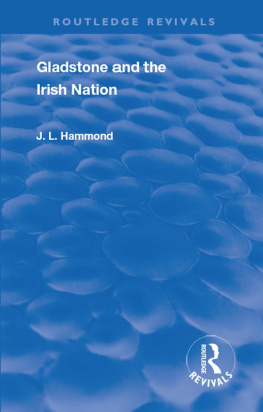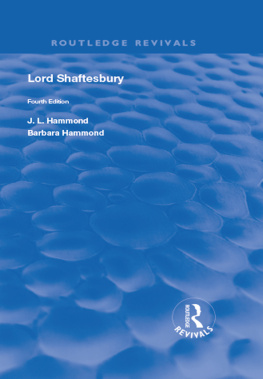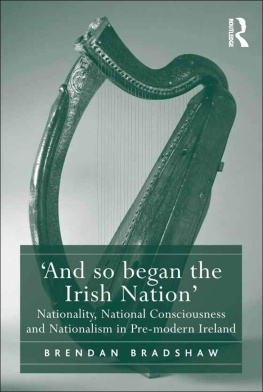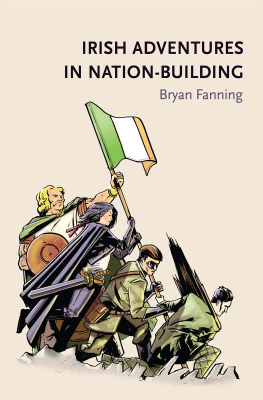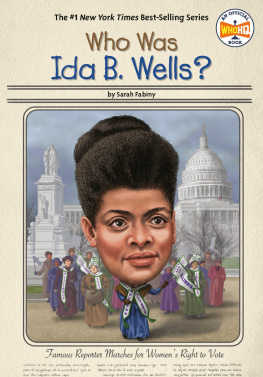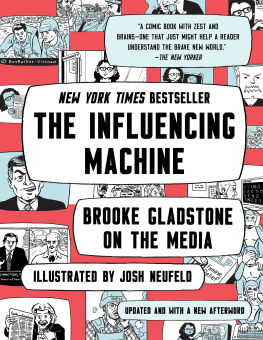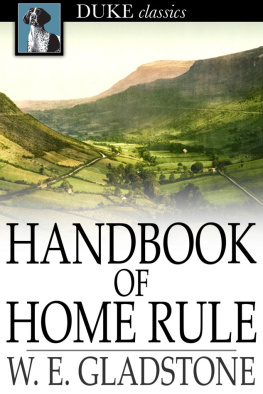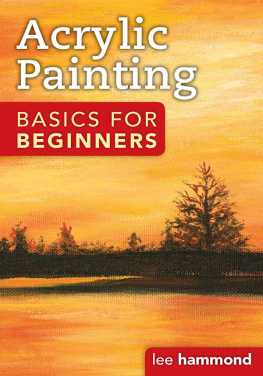First published in 1938 by Longmans, Green and Co. Ltd.
This edition first published in 2018 by Routledge
2 Park Square, Milton Park, Abingdon, Oxon, OX14 4RN
and by Routledge
52 Vanderbilt Avenue, New York, NY 10017, USA
Routledge is an imprint of the Taylor & Francis Group, an informa business
1938 Taylor & Francis
All rights reserved. No part of this book may be reprinted or reproduced or utilised in any form or by any electronic, mechanical, or other means, now known or hereafter invented, including photocopying and recording, or in any information storage or retrieval system, without permission in writing from the publishers.
Publishers Note
The publisher has gone to great lengths to ensure the quality of this reprint but points out that some imperfections in the original copies may be apparent.
Disclaimer
The publisher has made every effort to trace copyright holders and welcomes correspondence from those they have been unable to contact.
A Library of Congress record exists under ISBN:
ISBN 13: 978-0-367-11160-1 (hbk)
ISBN 13: 978-0-429-02515-0 (ebk)
GLADSTONE AND THE IRISH NATION
First published by
Longmans Green & Co. Ltd. in 1938
This edition published by
Frank Cass and Co. Ltd.
10 Woburn Walk, London, W.C. 1
First edition 1938
New impression 1964
Printed by Thomas Nelson (Printers) Ltd.
London and Edinburgh
PREFACE
The great length of this book demands an apology and an explanation.
Mr. Gladstones great Irish effort, which began in 1868 when he carried his first Resolutions on the Irish Church in the House of Commons and ended in 1893 when his second Home Rule Bill was destroyed by the House of Lords, was an uphill battle against two of the deepest instincts in British politics; one the belief that the English social system was suitable to Ireland; the other that Ireland could remain what she was when the Union had been made, a country governed by England through the agency of the Protestant ascendancy, without danger to the Empire or unhappiness to herself. Those were the fixed ideas of most politicians down to 1868. We may perhaps describe Mr. Gladstones career by saying that he used the democratic forces created by the second and third Reform Bills to break down the prejudices that had governed Englands treatment of Ireland during two-thirds of the nineteenth century.
To describe his difficulties, the nature and extent of his success, the sources of his belief and his strength, it was necessary then to give a survey of earlier social history, an account of his education, temperament and individual views, and an interpretation of the special character of his sympathy with democracy. These are all complicated topics and no writer could do them justice in a short or summary sketch.
The large politics of the subject therefore required a full book. But there were special reasons why detailed treatment of the kind that readers are apt to find irksome was essential.
Mr. Gladstones difficulties as a pioneer in Irish reform were closely concerned with his personal relationships; with his management or mismanagement of his Cabinets. The prejudices he had to overcome were hard set in many Liberal minds. It was not enough to give a general view of those relationships, for the judgment formed by the reader of his wisdom will often depend on his treatment of particular issues in the day to day life of a Government. It was therefore necessary to discuss his relations with other politicians in detail and, as this detail concerned other reputations besides his own, it was the writers duty to set out documents bearing on questions which though they may seem small to-day, had great influence on events.
When Lord Morley wrote his great biography, Hartington and Chamberlain, Gladstones principal opponents in his last struggle, and Harcourt, his principal opponent in the early eighties, were all alive. To-day the reader can learn of their part in these controversies from Mr. Bernard Hollands Life of the Duke of Devonshire, Mr. Garvins great work on Chamberlain, and Mr. Gardiners masterly biography of Harcourt. Lord Morleys reminiscences have also been made available partly in his book of Recollections and partly in Mr. Hirsts interesting volumes on his early life and letters. Of the other biographies that have appeared since Lord Morley wrote, one stands out as specially important for the light it throws on the history of the Irish question. This is Sir Arthur Hardinges Life of Lord Carnarvon, Viceroy in 1885. This book tells the story of the treatment of the Irish problem by Lord Salisburys first Government from the inside. As the events made intelligible by this book had a decisive influence on the course of politics, every writer on Mr. Gladstones career must draw largely on its revelations. Lord Carnarvon died in 1890, but the biography was not published till 1925.
In another respect conditions have changed. When Lord Morley wrote he had to treat as confidential the negotiations carried on between Gladstone and Parnell through the agency of Captain and Mrs. OShea. On these it is no longer necessary to keep silence for the silence was broken by Mrs. OShea who published her own account of these transactions. Those transactions are described in these pages in great detail with abundant documents, for they have clearly a great importance for the student of Gladstones Irish policy. Of the documents that are now made public, three things may perhaps be said here. They show (1) that as early as the seventies Gladstones chief colleagues were aware that his mind was moving to Home Rule; (2) that the suspicion that his actions in the autumn and winter of 1885 were ruled or influenced by the desire for office was absolutely without basis; and (3) that Parnell went to surprising lengths in 1882 and 1883 in the hope of obtaining large Irish reform without violence. In this sense these documents help the reader to do justice to Parnell as well as to Gladstone.
It may be hoped perhaps that in this way the book may serve a purpose of wider importance. A great deal must turn for both peoples on the spirit in which the Irish and the British look back on this long struggle. If Gladstones efforts were well understood, if it were known in Ireland with what single-minded devotion he pursued the great purpose of her freedom, if there were no shadow of suspicion on his motives and methods, he would be remembered only with gratitude. Mr. Tilney Bassett tells us in his book on the Gladstone Papers that it was the custom till lately in Italy to teach the children in the schools that Gladstone was one of the benefactors of their nation. Yet what sacrifices of comfort, of popularity, of power did he make for Italy in comparison with the sacrifices he made for Ireland? The more his career is examined, the higher will his reputation stand, for the clearer will it be that his great struggle for Irelands freedom was unmixed with any personal ambitions of his own.




